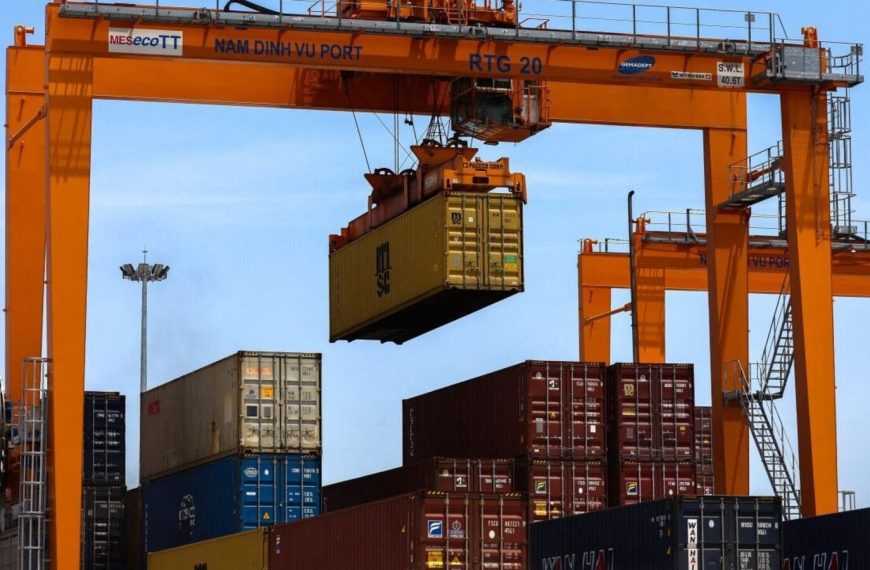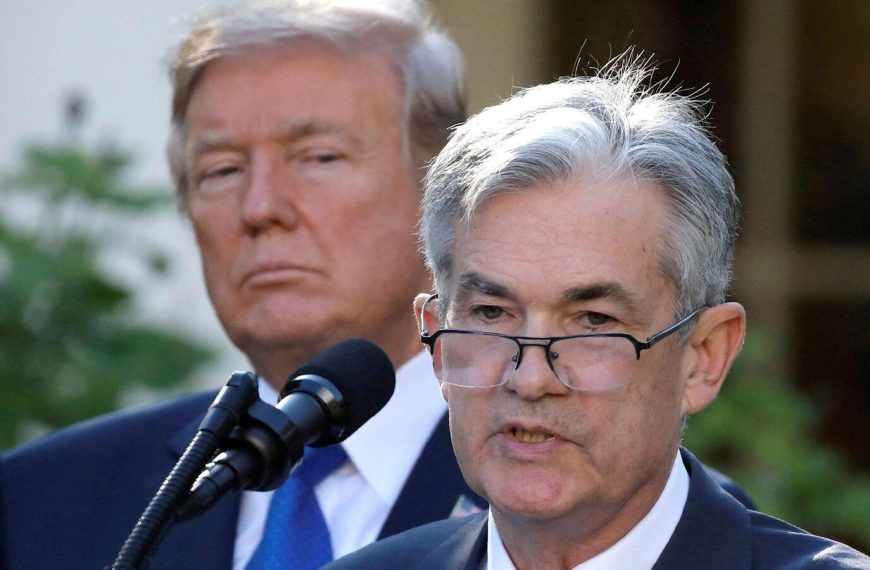In recent analysis, Moody’s Ratings indicated that India’s economic stability is expected to remain robust, even amid rising tensions with Pakistan. The agency emphasized that escalating localized conflicts are unlikely to disrupt India’s economic framework significantly, given the limited trade ties between the two nations. However, increased defense expenditures could strain India’s fiscal health and hinder its efforts toward fiscal consolidation.
India’s Economic Resilience Amid Tensions
Moody’s report, titled ‘Sovereign – South Asia’, highlights that India’s economic fundamentals are strong, driven by substantial public investments and resilient private consumption. Key points from the report include:
- Economic Stability: India is projected to maintain stable macroeconomic conditions, bolstered by a healthy growth rate and ongoing public investment.
- Fiscal Strength: While higher defense spending could challenge fiscal consolidation, the overall impact on economic activity is deemed minimal due to weak economic ties with Pakistan.
Impact of Rising Tensions on Pakistan
Conversely, the report warns that prolonged tensions with India could hinder Pakistan’s economic growth and compromise its fiscal stability. Key insights include:
- Growth Progress: Pakistan has seen gradual improvements in its macroeconomic landscape, including rising growth rates, decreasing inflation, and increasing foreign-exchange reserves, thanks to ongoing support from the IMF.
- Potential Risks: Increased geopolitical tensions may restrict Pakistan’s access to external financing, putting additional pressure on its foreign exchange reserves, which are currently below the levels needed to meet upcoming external debt obligations.
Recent Escalation and Its Consequences
The friction between India and Pakistan intensified following a deadly militant attack in Pahalgam, Jammu & Kashmir, on April 22, which claimed the lives of several tourists. In the wake of this incident, diplomatic relations have soured dramatically, leading India to suspend the 1960 Indus Waters Treaty. In response, Pakistan halted the 1972 Simla Agreement and closed its airspace to Indian flights.
- Historical Context: This latest escalation is part of a long history of confrontations between the two nuclear-armed nations, which have fought four major wars primarily over the disputed Kashmir region.
- Geopolitical Assessment: Moody’s highlighted that while intermittent tensions and military responses are likely to continue, they do not foresee a comprehensive military conflict arising from these disputes.
Conclusion
As India navigates its complex relationship with Pakistan, its economic outlook remains positive despite geopolitical challenges. While the effects of increased defense spending may pose risks, the underlying economic fundamentals suggest a stable trajectory. The situation remains dynamic, and continued vigilance will be essential for both nations as they manage their intertwined destinies.
For further insights on international economic relations, explore our articles on global market trends and geopolitical risks.










